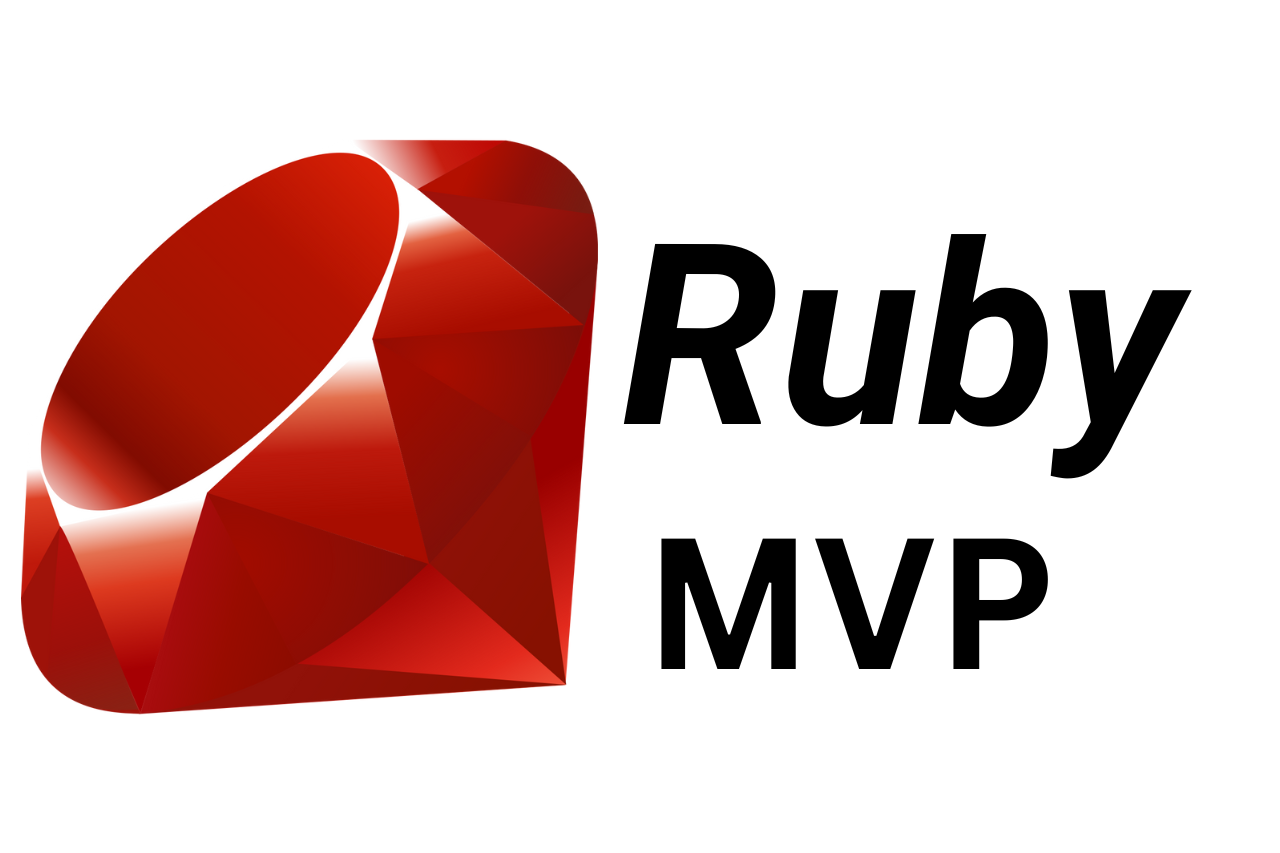Top 10 Reasons Why Ruby on Rails Development is Perfect for Building MVP!
 Musangamfura Emmanuel
Musangamfura Emmanuel
As a Ruby software developer, I have had the privilege of working with various frameworks and languages. However, when it comes to building Minimum Viable Products (MVPs) for software startups, Ruby on Rails has consistently proven to be a perfect choice. Its simplicity, flexibility, and vast ecosystem make it an excellent tool for rapid development, ensuring startups can quickly bring their ideas to life. In this blog post, I will share the top 10 reasons why Ruby on Rails is ideal for building MVPs and why software startups and developers should consider leveraging its power.
What are the Reasons Why Ruby on Rails Development is Perfect for Building MVP?
1. Simplicity
One of the primary reasons why Ruby on Rails (RoR) shines in MVP development is its simplicity. The framework follows the principle of convention over configuration, which means it comes with sensible defaults and predefined structures.
This simplicity allows developers to focus on implementing business logic rather than spending excessive time on tedious setup and configuration tasks. With RoR, you can get started quickly, reducing the time it takes to build and deploy an MVP.
2. Ruby on Rails is Open Source
Ruby on Rails is an open-source framework, which means it is freely available and continually improved by a vibrant community of developers worldwide.
This open nature empowers startups to save costs, as they don't need to invest heavily in licensing fees. Additionally, being open source means that developers have access to a vast range of libraries, gems, and plugins created by the community, expanding the functionality of their applications and boosting development speed.
3. Plugin Ecosystem
Ruby on Rails offers a rich plugin ecosystem, which further enhances its capabilities. With thousands of plugins available, developers can easily find and integrate pre-built solutions for various functionalities, such as user authentication, payment gateways, and file uploads.
Leveraging these plugins saves precious development time and effort, allowing startups to focus on their unique value proposition and core features.
4. Secure and Stable
When it comes to building an MVP, security, and stability are paramount. Ruby on Rails has a reputation for being a secure and stable framework. It encourages developers to follow best practices, such as secure coding conventions, protection against common web vulnerabilities, and regular updates to address any potential security issues.
Startups can rely on Ruby on Rails to provide a solid foundation for their MVPs, ensuring the safety of sensitive user data and minimizing the risk of security breaches.
5. Scalability
While an MVP is a starting point, it's crucial to consider future growth and scalability. Ruby on Rails offers excellent scalability options, allowing startups to handle increasing user traffic and growing datasets without major architectural changes.
With features like caching, database optimizations, and load balancing, Ruby on Rails enables applications to scale gracefully, ensuring a smooth user experience as the startup expands.
6. Flexibility
Flexibility is a key advantage of Ruby on Rails. The framework doesn't impose rigid structures or restrictive guidelines, allowing developers to adapt and tailor the codebase to meet the unique needs of the startup.
Ruby on Rails follows the principle of "Convention over Configuration," which provides a standardized way of doing things, but developers are free to deviate from these conventions when necessary. This flexibility ensures that startups can build their MVPs in a way that aligns with their specific requirements and business objectives.
7. Vast Active Community
Ruby on Rails has a vibrant and active community that actively contributes to its growth and success. This community-driven nature means that developers can rely on extensive documentation, online forums, and dedicated Ruby on Rails websites to find answers to their questions and receive support.
The community also regularly organizes meetups, conferences, and workshops, fostering collaboration and knowledge sharing among developers. Being part of such a vibrant community ensures that startups have access to a vast pool of expertise and resources when building their MVPs.
8. MVC Architecture
Ruby on Rails follows the Model-View-Controller (MVC) architectural pattern, which promotes the separation of concerns and maintainability of code.
The MVC structure enables startups to organize their codebase in a logical and modular manner, making it easier to maintain and enhance the application over time. With a clear separation between the data layer, presentation layer, and business logic, developers can work on different components independently, facilitating collaboration and ensuring a streamlined development process.
- Rapid Development
Speed is of the essence when building an MVP. Ruby on Rails is renowned for its ability to facilitate rapid development. With its intuitive syntax and built-in conventions, developers can quickly prototype and iterate on features.
Additionally, the availability of extensive libraries and plugins simplifies the implementation of common functionality, further accelerating the development process. Ruby on Rails allows startups to bring their ideas to life in a shorter time frame, gaining a competitive advantage and validating their product-market fit sooner.
10. Easy to Maintain
Maintaining an MVP is just as important as building it. Ruby on Rails promotes clean code practices and emphasizes the use of best coding practices, making maintenance tasks more manageable.
The framework's readability and standardized structure enable developers to understand and modify code efficiently, even if they haven't worked on the project before. This ease of maintenance allows startups to iterate on their MVPs based on user feedback and market demands, ensuring continuous improvement and product evolution.
Conclusion
Ruby on Rails is an exceptional choice for building MVPs in the software startup world. Its simplicity, open-source nature, extensive plugin ecosystem, scalability options, flexibility, and supportive community make it an invaluable tool for rapid development and efficient maintenance.
By leveraging the power of Ruby on Rails, startups can focus on their core business idea, bring it to market quickly, and iterate based on user feedback. Whether you're a startup founder or a developer, Ruby on Rails provides the perfect foundation for transforming your ideas into reality.
So, why wait? Dive into the world of Ruby on Rails and build your MVP with confidence!
Note: This blog post is for informational purposes only and does not constitute professional advice. Always consult with a qualified professional for specific guidance related to your software development projects.
Subscribe to my newsletter
Read articles from Musangamfura Emmanuel directly inside your inbox. Subscribe to the newsletter, and don't miss out.
Written by

Musangamfura Emmanuel
Musangamfura Emmanuel
I am a Full-stack Developer who is passionate about Creating simple creative solutions to complex problems with HTML5 | CSS3 | JavaScript | NodeJS | React | Redux | Ruby | PostgreSql and Rail.